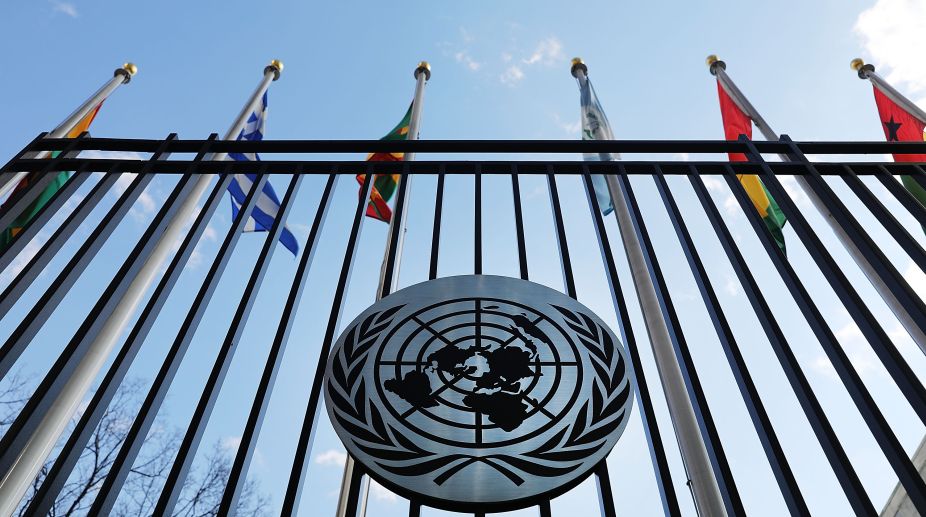India is among nine countries that will be part of a global health network focused on improving the quality of care for new mothers and babies and strengthen national efforts to end preventable deaths of pregnant women and newborns by 2030.
The nine countries are India, Bangladesh, A Cote d'Ivoire, Ethiopia, Ghana, Malawi, Nigeria, Tanzania and Uganda.
Through the new 'Network for Improving Quality of Care for Maternal, Newborn and Child Health', supported by World Health Organisation (WHO), UN International Children's Fund (UNICEF) and other partners, the countries will work to improve the quality of care mothers and babies receive in their health facilities, a statement from WHO said.
The Network aims to strengthen national efforts to end preventable deaths by 2030, as envisioned by the Every Woman Every Child Global Strategy for Women's, Children's and Adolescents' Health.
Countries will do that by strengthening capacity and motivation of health professional to plan and manage quality improvement, improving data collection and increasing access to medicines, supplies, equipment and clean water.
"Every mother and infant deserves to receive the highest quality of care when they access health facilities in their communities," WHO Department of Maternal, Newborn, Child and Adolescent Health director Anthony Costello said.
The first nine countries in the Network have committed to identifying the actions they will take to improve quality of care and will work with partners to deliver the vision of quality that encompasses values of equity and dignity.
In order to achieve this, governments will build and strengthen their national institutions, identify quality of care focal points at all levels of the health system, accelerate and sustain the implementation of quality-of-care improvement packages for mothers, newborns and children.
Through a global learning platform, the Network will build a community of health practitioners from the facility level and develop evidence-based strategies to improve quality of care, harvest implementation ideas, and collect information and experiences about what is working.
WHO said the period around childbirth is the most critical for saving mothers and newborns, and preventing stillbirths.
Every year, worldwide, 303 000 women die during pregnancy and childbirth, 2.7 million babies die during the first 28 days of life and 2.6 million babies are stillborn. Most of these deaths could be prevented with quality care during pregnancy and childbirth.
"Births in health facilities have increased in the past decade," Costello said.
"Attention is now shifting from access to care to improving the quality of care so that countries can achieve the Sustainable Development Goals targets to end preventable maternal, newborn and child deaths by 2030."
Utilising WHO's Standards for improving quality of maternal and newborn care in health facilities, published in 2016, countries within the Network will work to improve both the provision of, and patients' experience of health care.
The eight new standards provide a quality of care framework which will help countries ensure their services are safe, effective, timely, efficient, equitable and people-centred.












